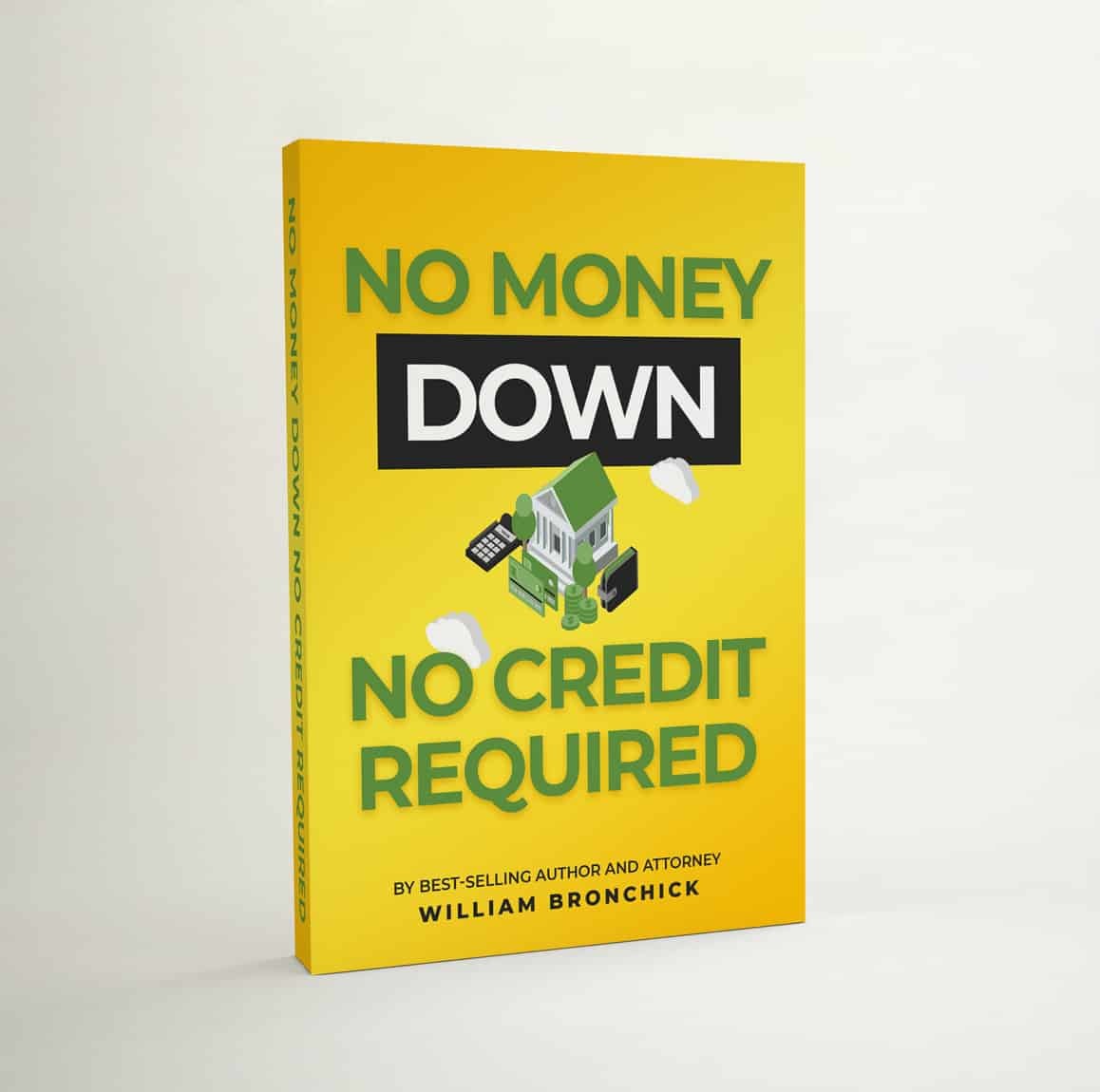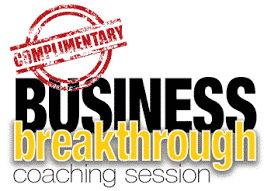In the real estate investor’s world, and especially in the tight real estate markets that many of us are currently experiencing, it’s critical to be able to make quick, yet solid decisions. Some seem to have this gift and some don’t. If you don’t have this ability, unfortunately you may tend to lose out on deals as others continually beat you to it!
The following quote from Napoleon Hill’s book, “Think and Grow Rich” held true many years ago and is still contemporary:
“Analysis of several hundred people who had accumulated fortunes well beyond the million dollar mark, disclosed the fact that every one of them had the habit of REACHING DECISIONS PROMPTLY, and of changing these decisions SLOWLY, if, and when they were changed. People who fail to accumulate money, without exception, have the habit of reaching decisions, IF AT ALL, very slowly, and of changing these decisions quickly and often.”
Even with all of the technical advances we have at our disposal, many times we still have to make some major decisions in our businesses more quickly than we might like to and often without a complete picture and without all of the facts. Although it may seem that way, in actuality we normally have more readily available information nowadays at our disposal than those business owners in the past had! Make you wonder how they did it!
As you look around at other real estate investors, you have probably noticed that some seem to have a gift to be able to make good, firm decisions quickly and benefit greatly from them, while others seemingly make similar choices and end up “crashing and burning”. While there is both art and science and a bit of “gut feeling” to making a quick (and correct) decision, here are 10 simple tips in order to help you develop your decision making skills:
1. Set a Time Limit. The time limit can vary depending on the magnitude and possible future effect, positive or negative on your business. A couple of examples might be a possible ‘bank owned” property popping up on the MLS or maybe a seller that wants to sell quickly and is “shopping” not only you but other investors. In either case, a quick decision has to be made. This time limit can be as little as a few minutes or even a day or more, deal permitting, but the ability to reach a decision quickly one way or the other may allow you to move ahead on a deal while others are still “thinking about it.” Conversely, it will also allow you to decide to walk away from a deal that won’t work for you and move on to other endeavors.
2. Use Logic to Remove Yourself from the Emotion. Easier said than done! As excited as you might be about a possible “deal of a lifetime”, don’t get too far ahead of yourself. Instead, take what information you have available and try to use it effectively. If you have some good numbers; crunch those to see if they work- or not. Take into consideration other facts such as the location of the property and what you believe will be your primary exit strategy for the deal, and then use these to aid in your decision. Above all, don’t over analyze!
3. Think Best and Worst Case. Once you have a few facts, then make a list of Pros and Cons. Use this list to think about “What is the best thing that could happen?” and also “What is the worst thing that could happen?” If there isn’t a significant positive benefit to your business at best; or if the worst case scenario would put you out of business or irreparably harm your business, it might be wise to pass on that particular deal. There will be other deals.
4. Keep the End in Mind. In decision making, you want to develop yourself as a business person that thinks in terms of results. In order to do that you need to keep in mind what the end results will look like. Once you have determined the desired end results then and only then you can think about the steps it will take to get you there.
5. Is It a Big or a Small Decision? Many folks don’t like to make the day to day decisions that an entrepreneur has to make numerous times a week. For someone just beginning in business, even small decisions can seem overwhelming. One has to keep things in perspective. Occasionally when even a seasoned investor has had a bad day or week and is feeling a bit overwhelmed, even small decisions can seem challenging. Go back to your results oriented thinking and see if a decision truly is momentous or not. In other words, put it into proper perspective.
6. It Doesn’t Have to be Perfect. For most business projects, perfection is not necessary! Naturally we want a project to end up as positively and as profitable as possible. However, to get from a B+ result to an A result might actually cost you additional time and money. Think about it. Trying to “squeeze” out a few more bucks in profit might result in a project being delayed for a period of time, which could eat up the additional profit you were trying to make. Get the project done satisfactorily and move onto the next one.
7. Have a Way Out. In some deals, we have an opportunity to have a way out if we are not able to obtain financing or if we inspect the property and find that it wasn’t what we thought. In these cases, it’s nice to have a way out but a word of caution. Don’t be one of those investors that no one takes seriously because they are always the first to make a offer but never seem to go through with a deal. Instead, use this to your advantage. Have alternate funding available if possible. If you inspect the property and it’s not what you expected then use that information to try to negotiate a better price or terms. Only when all else fails, can you choose to back out. An alternate strategy, circumstances permitting, would be to go into a deal and make an offer with no funding or inspection clauses. This can often capture you a deal at a lower price than other investors that have a ton of “weasel” clauses. However, make sure you are prepared to go through with it, no matter what.
8. Have More Than One Exit Strategy, if Possible. When you are doing your “Best Case, Worst Case” thinking, try to think what options you have if things don’t go the way you want. If things go south, are there alternatives on how you might exit from a project? An example might be on a rehab that doesn’t sell. You have tried unsuccessfully for awhile and have even reduced the price to a point where there isn’t much profit left. The last thing you might want to do is to rent it out, lease option it or something similar. Ask yourself if the alternate exit strategy will still allow your business to profit? However, if you think “results’ an alternate strategy may get you financially where you need to be on a deal, but maybe not as quickly. Finally on some deals, it might be best to cut your losses, get out of the deal and move on. There is a good chance that if you have been in the game long enough this might happen once in a great while.
9. Trust Your Gut. When I refer to a gut feeling, I am not referring to the “little voice” inside your head that keeps telling you that you can’t do something or it keeps dwelling on the negative, fear- filled side of your thoughts. Your gut feeling is a combination of logic, experience and creativity, all wrapped into one that gives you that “deep-down” feeling as to whether an idea has got some merit or not. Gut feelings can normally be trusted as long as you don’t succumb to the “little voice”. Use your gut instincts, along with the other tips to help reach a decision.
10. Ask a Trusted Advisor or Mentor. Although decisions need to be made quickly, most of us have someone we know and trust that can be contacted quickly when we have something urgent. There are times where one may not have time to contact that trusted advisor but it’s always nice to have another opinion. Remember though, that the choice to make a decision one way or the other and to decide whether to act upon it or not; is yours and yours alone. You are responsible for your own destiny!
Here are some final thoughts. Don’t let someone falsely push you into a decision. Take enough time to make a decision so that you have at least some of the facts. It’s good to be results oriented not only in your decision making but in the rest of your business. Finally, trust your gut. If after some thought and effort, it still doesn’t feel right, then pass. If you don’t have a good feeling about a deal, then you will never be fully committed to it and that alone can make the difference between its success or failure.
Here’s to your success!
Free eBook: No Money Down, No Credit Required
Download this FREE eBook, "No Money Down, No Credit Required". It will show you how to use buy or sell real estate without banks loans, without using your credit and with little or no money down! Discover many creative financing ideas, including lease/options, equity sharing, partnerships and so much more!


